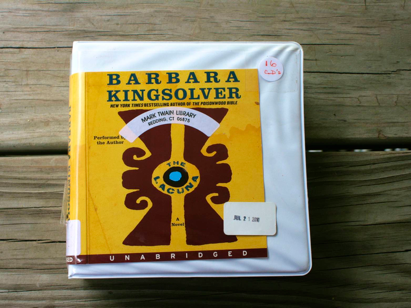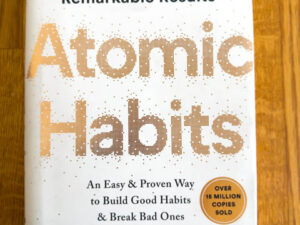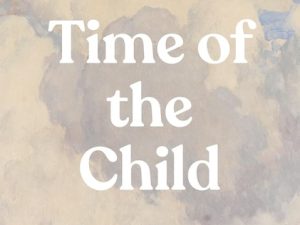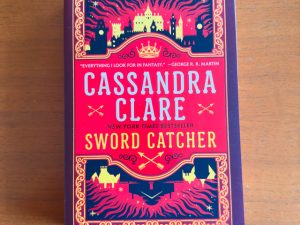
I liked this book and give it five stars even though it is long, slow in getting started, a tad preachy in places, and about a very serious period in history that may not be fun to contemplate. I think it is not only an important book, but interesting and very well done, written as journal entries, letters and news articles.
I initially wanted to read it because the author (Barbara Kingsolver) also wrote one of my favorite books Prodigal Summer, so I thought I’d give her latest book a try. Locating the audio book for this treatise was just the ticket: twenty hours of listening to the author’s perfect diction and empathetic expression of her own words, added to the enjoyment of this volume.
This book highlights artists Diego Rivera and Freda Kahlo, as well as the exiled life of democratic socialist Lev Trotsky in Mexico. (Lenin had two possible successors in Russia, Trotsky and Stalin, the first was altruistic and the other cunning; we know who came to power, but how much may have been different if it had been the first one instead?) We also experience here World War II in America, as well as the Cold War, and the McCarthy era. This is all done by following the lifespan of one circumspect gentleman from the 1930’s to the 1950’s. And I came to love his stenographer Violet Brown; we all need a quiet champion like her in our corner.
The term Lacuna means the unknown part or a bridging over. This concept is woven through the story in many different and sometimes surprising ways. What is of greatest value about a person or a story is the piece we don’t know. But how do you cross through to that? And are we trying to?







